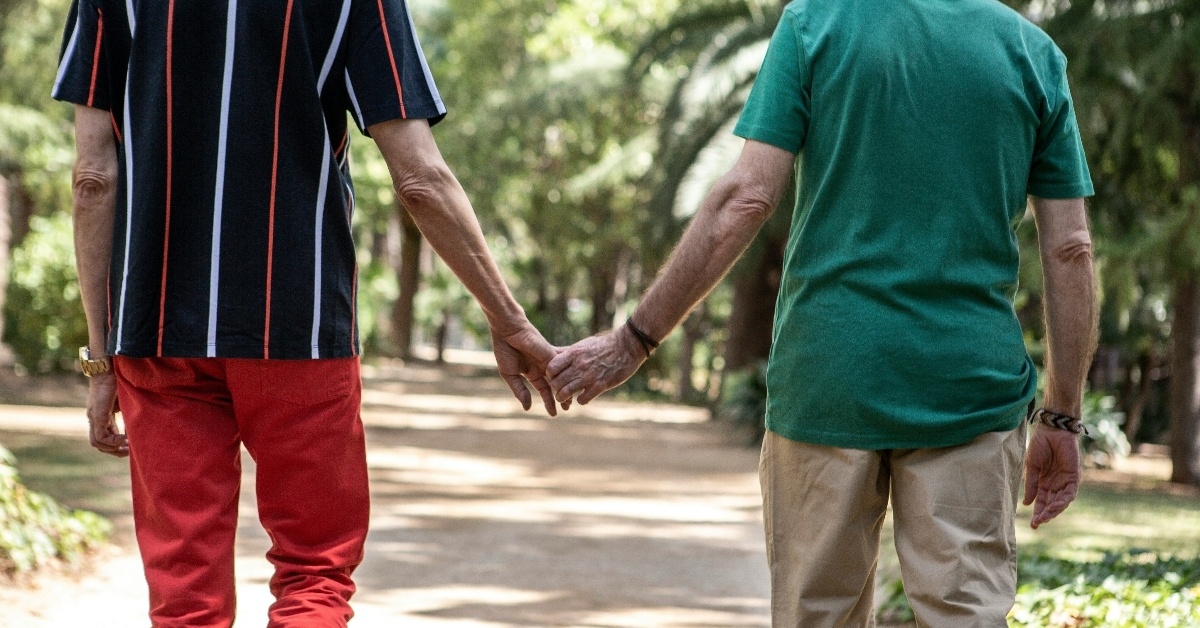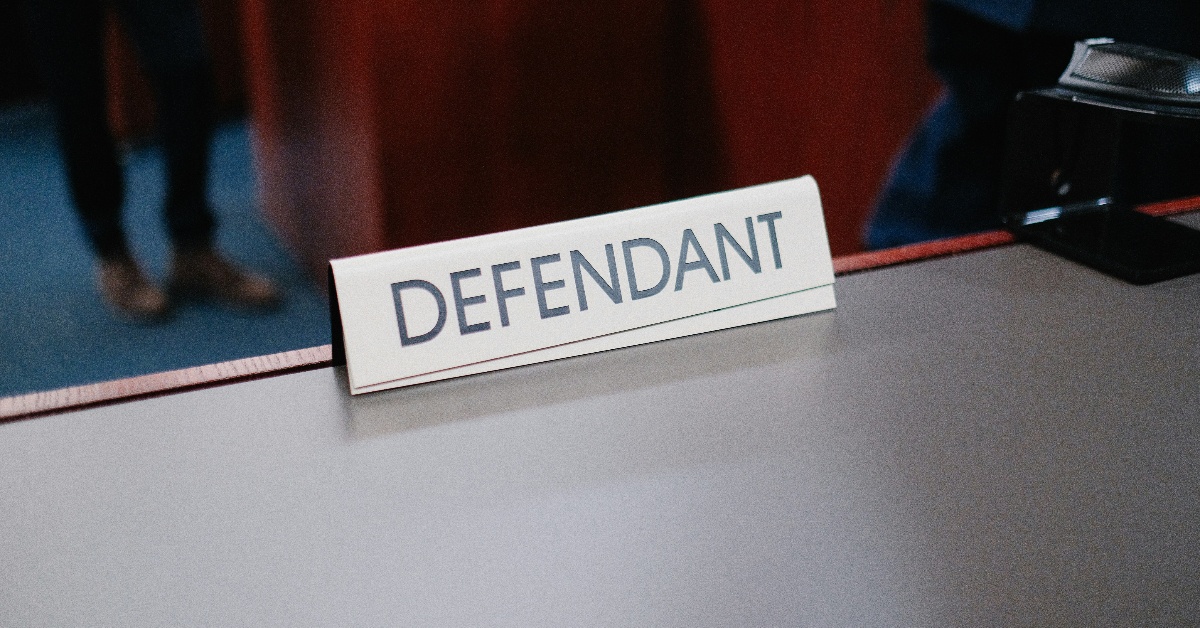BY: Denver Sean
Published 4 years ago

The Centers for Disease Control and Prevention issued a health advisory due to a seasonally-unusual increase in the spread of a common respiratory virus.
via People:
On Thursday, the CDC warned doctors and health care providers that cases of RSV, which stands for Respiratory Syncytial Virus, are on the rise in the South.
RSV infections, which are the most common cause of bronchitis and pneumonia in kids under the age of one in the U.S., typically occur in the fall and winter during flu season.
“Due to this increased activity, CDC encourages broader testing for RSV among patients presenting with acute respiratory illness who test negative for SARS-CoV-2, the virus that causes COVID-19,” the CDC wrote in the health advisory.
Additionally, the CDC encouraged all healthcare workers to stay home if they are sick, even if they have tested negative for COVID-19.
RSV infections “primarily spread via respiratory droplets when a person coughs or sneezes, and through direct contact with a contaminated surface.”
Fortunately, the common respiratory illness – which the majority of young children will have had by the time they’re 2 – mostly causes only a minor cold.
The CDC explained that cases of RSV remained “relatively low” from March 2020 to March 2021, as did other respiratory diseases, including the flu.
However, since late March, an increase in the spread of the virus has been identified in Alabama, Arkansas, Florida, Georgia, Kentucky, Louisiana, Mississippi, New Mexico, North Carolina, Oklahoma, South Carolina, Texas and Tennessee.
“Due to reduced circulation of RSV during the winter months of 2020-2021, older infants and toddlers might now be at increased risk of severe RSV-associated illness since they have likely not had typical levels of exposure to RSV during the past 15 months,” the CDC warns.
As for symptoms to watch out for, the CDC says in infants younger than six months “RSV infection may result in symptoms of irritability, poor feeding, lethargy, and/or apnea with or without fever.”
Among older infants and young children, decreased appetite followed by a cough, sneezing, fever and wheezing could be signs of infection. Meanwhile,”symptoms in adults are typically consistent with upper respiratory tract infections, including rhinorrhea, pharyngitis, cough, headache, fatigue, and fever.”
Other than symptom management, there is currently no specific treatment for RSV infection.
If the republican-driven south implemented mandatory mask mandates like the rest of the country for the past year then maybe this wouldn’t be happening.










